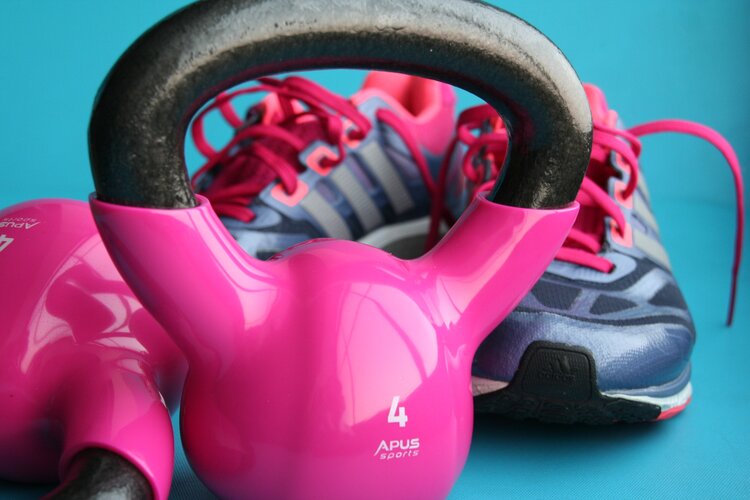Written by Jesse Chandler
As we know, Chemotherapy is a common and often essential form of treatment that is prescribed for those with cancer. Unfortunately, Chemotherapy comes with its fair share of negative side effects on the body.
Regular exercise has been shown to act as an effective form of medicine for those going through Chemotherapy. Today I want to discuss how exercise can help to significantly reduce the severity of four common side effects of chemotherapy.
- Fatigue
- Neuropathy
- Bone loss or osteoporosis
- Heart problems
Fatigue is said to be the most commonly reported side effect of chemotherapy. People say it can feel hard to describe at times, and may often appear suddenly. It may feel like exercise is impossible at times, so remember that even a small 5-minute dose of exercise is better than nothing.
Many studies have found that exercise helps to boost energy and improve fatigue. As we exercise, our body releases hormones essential for energy production and cognitive function.
Serotonin is released during exercise and can help to increase our sense of happiness and wellbeing. It also aids important daily functions such as memory, mood, sleep, appetite and eating behaviour. These functions all play an important role in how we feel and our perceived level of energy.
Dopamine is also released during exercise and is seen as a “happy hormone”. It plays a large role in our reward-motivated behaviour and decision-making processes. Dopamine is also seen to be essential for motor control and neural function. This is hugely important for how well our muscular system works and our level of energy.
Neuropathy is reported as a common symptom and co-morbidity of cancer treatment and is often termed ‘chemotherapy induced peripheral neuropathy’.
Neuropathy is damage to the nerves and feels like tingling, numbness or pins and needles, often in the hands and feet. Exercise can provide short to medium term relief from these symptoms by increasing blood flow and movement to the affected area. It may also help to ensure muscular activity at the peripheries to help reduce atrophy or muscle wastage.
Bone mineral loss or osteoporosis. Chemotherapy, steroidal medication and hormonal therapy may cause or speed up bone mineral loss or osteoporosis. This increases the likelihood of bone pain and fracture. Weight bearing exercise has been shown to improve bone mineral density rates over time, which is essential for reducing the likelihood of osteoporosis. When our bones and joints have load or weight placed on them, our brain responds by depositing essential bone mineral to the area, and to remove old, mature bone cells. This helps the area stay strong and resilient to fracture and pain.
Heart problems can arise depending on the type of drugs you are being prescribed as well as any pre-existing conditions prior to diagnosis. Some problems that have been noted include weakening of the heart muscle, heart rhythm problems, blood pressure and blood clotting.
Research has shown that regular cardiovascular exercise has the ability strengthen the heart, reduce blood pressure and improve long-term health. It is important to remember that your heart is a muscle just like your bicep – it requires exercise to remain strong and reliable! Completing cardiovascular exercise, appropriate to your fitness levels may help to reduce the risk of heart problems during or post treatment.
So, how much exercise should you be doing?
Well – this is highly dependent on many factors including the type of treatment you are currently undergoing, potential surgeries, history of exercise, medications, injuries and abilities.
The best thing you can do is talk to an Exercise Physiologist to discuss your situation. You should also talk to your GP and Oncologist. From there, proper education on time, intensity and load can be prescribed that is specific to you. Remember to start slowly so you can see exactly how well you are tolerating movement. Most importantly –find something you enjoy so that exercise can be a long term habit.






